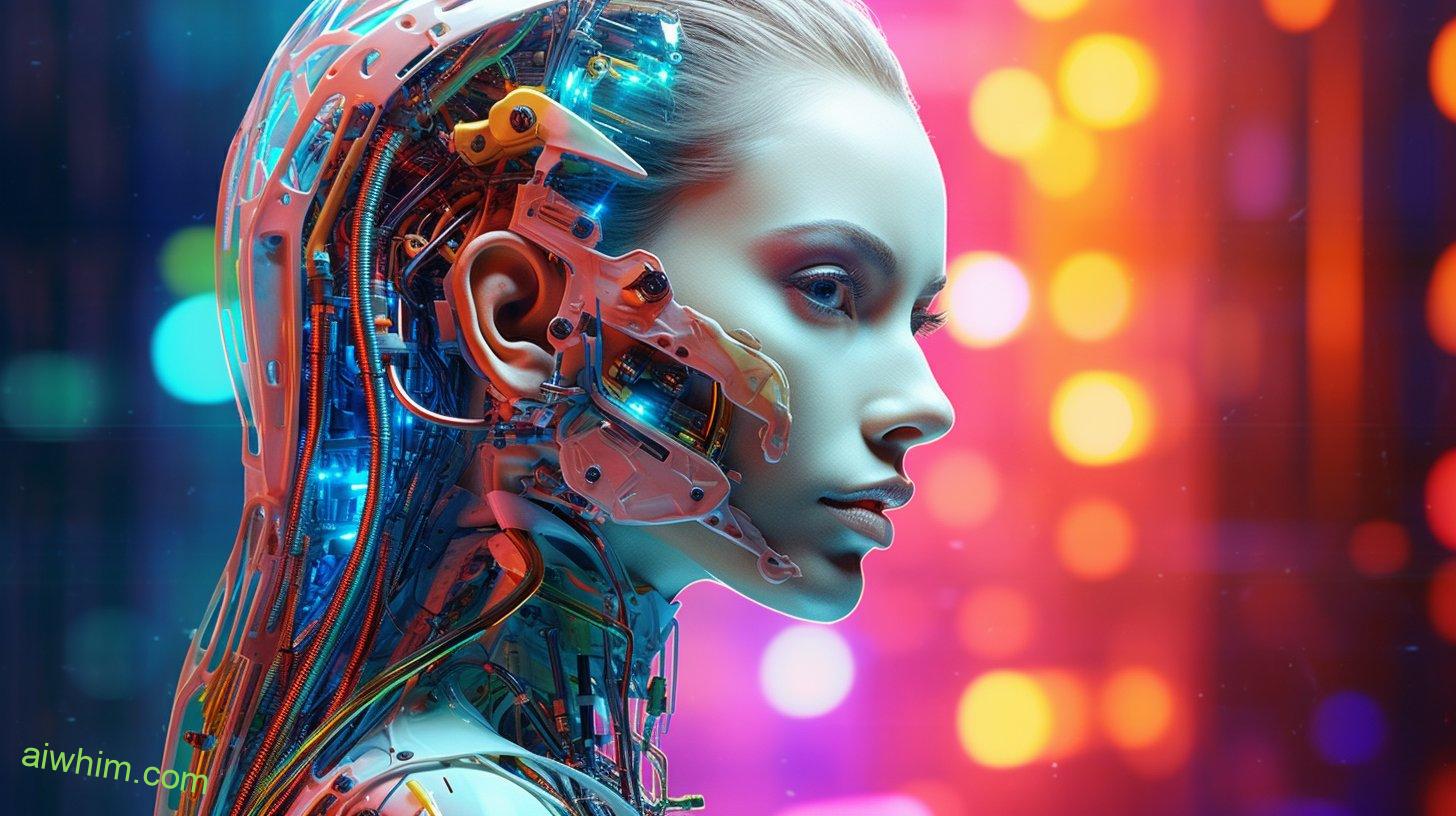You might be thinking that the role of biological science teachers is secure and unaffected by the rise of AI. However, with the rapid advancement of technology, it is essential to acknowledge the potential impact of AI on education, particularly in the field of biological science.
As we navigate through this new era, the changing landscape calls for an examination of how AI will shape the role of biological science teachers and revolutionize the way students learn. From integrating AI into the curriculum to preparing students for AI-driven careers, there are numerous aspects to explore.
Join us as we explore the changing role of biological science teachers in the face of the AI threat and discover how educators can adapt to this evolving landscape to better equip the scientists of tomorrow.
Key Takeaways
- AI integration in biological science education redefines the role of biological science teachers in guiding students to critically evaluate the reliability and limitations of AI technology.
- AI-assisted learning tools enhance student engagement and understanding by promoting personalized learning and providing real-time feedback.
- AI integration in biological science education prepares students for AI-driven careers in research, healthcare, and other fields, enhancing their employability and adaptability.
- Fostering critical thinking and ethical considerations in the AI era is crucial, and incorporating AI-assisted assessment methods, encouraging creativity, and teaching responsible data usage are effective strategies.

Understanding the Impact of AI in Biological Science Education
Understanding the impact of AI in biological science education can revolutionize the way you learn and engage with the subject. AI applications in biological science research have the potential to transform the field, leading to groundbreaking discoveries and advancements in healthcare. With AI-driven technologies, students can gain a deeper understanding of complex biological concepts and develop critical thinking skills that are essential in the scientific field.
One of the key benefits of incorporating AI into biological science education is the ability to analyze large datasets quickly and accurately. AI algorithms can process vast amounts of biological data, such as DNA sequences or protein structures, helping researchers identify patterns and make connections that would be difficult or time-consuming for humans alone. This not only speeds up the research process but also allows for more comprehensive analysis, leading to more accurate results and potentially life-changing discoveries.
Furthermore, AI-driven advancements in healthcare can provide students with practical examples of how biological science can be applied to improve human health. For instance, AI technologies can be utilized to develop personalized medicine, where treatments are tailored to an individual’s unique genetic makeup. By understanding how AI is used in these healthcare advancements, you can appreciate the potential of biological science to positively impact people’s lives.
Incorporating AI into biological science education can also enhance your learning experience. AI-powered virtual reality simulations, for example, can allow you to visualize and interact with complex biological processes in a more immersive and engaging way. This hands-on approach can deepen your understanding and spark your curiosity, making the learning process more enjoyable and effective.
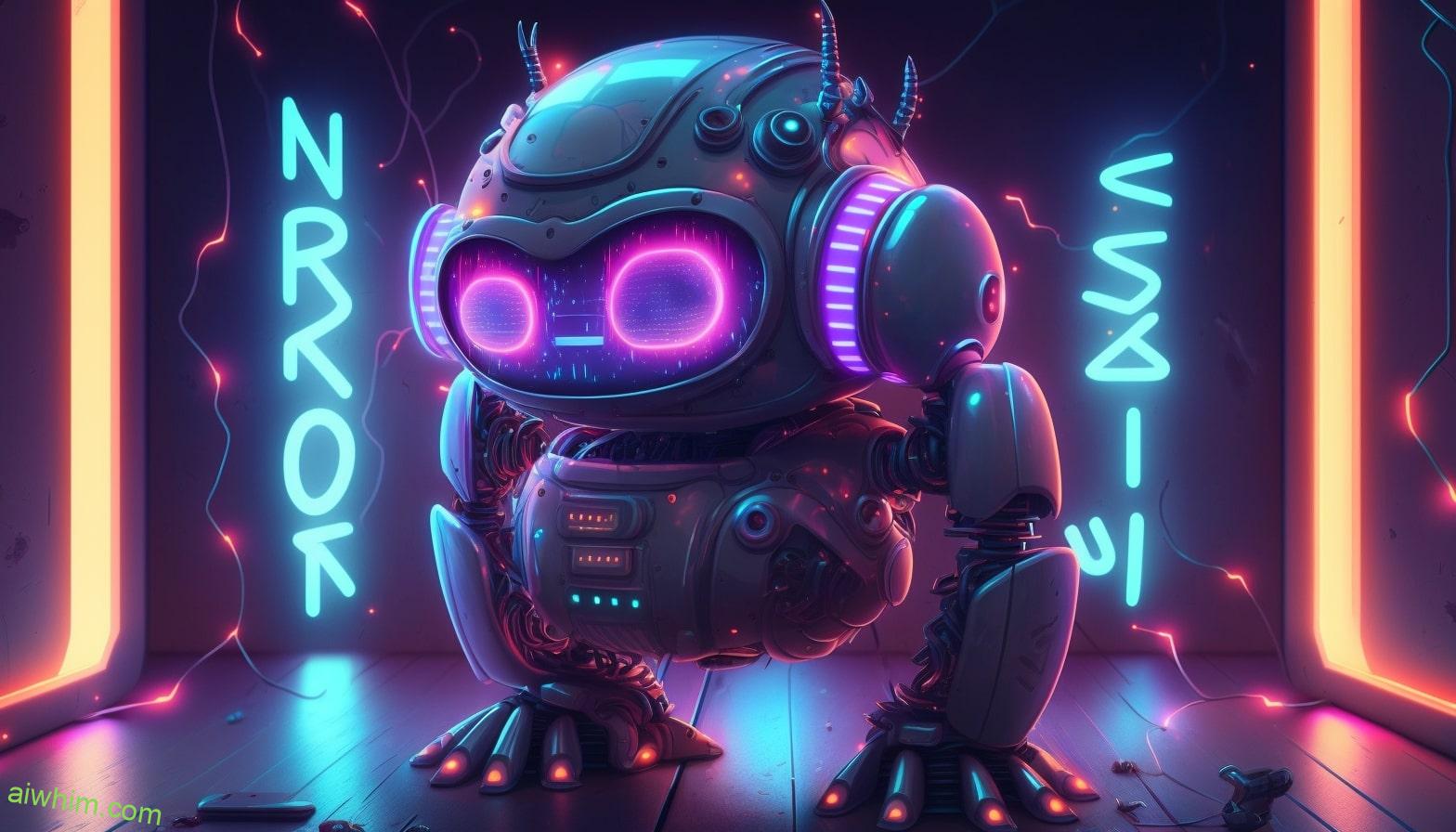
The Evolving Curriculum: Integrating AI Into Biological Science Lessons
Incorporating AI into the biological science curriculum has become essential to keep up with the evolving field and prepare you for the future. As the field of biological science continues to advance, it’s important to stay ahead of the curve and equip you with the knowledge and skills needed to thrive in this changing landscape.
Here are some exciting ways in which AI is being integrated into your biology lessons:
- Integrating AI into experimental design: AI can help optimize experimental design by analyzing large datasets and identifying patterns that may not be easily detectable to the human eye. By incorporating AI into experimental design, you can enhance the efficiency and accuracy of your experiments, leading to more robust and reliable results.
- Exploring AI applications in ecological studies: AI is revolutionizing ecological studies by enabling researchers to analyze vast amounts of environmental data and predict ecological patterns and processes. With AI, you can delve into the intricate relationships between organisms and their environment, gaining insights into complex ecological systems and contributing to the conservation and management of our natural resources.
- Using AI for data analysis and interpretation: AI algorithms can analyze complex biological datasets and extract meaningful information, providing you with a deeper understanding of biological phenomena. By learning how to utilize AI for data analysis and interpretation, you can uncover hidden patterns and trends, making your research more comprehensive and impactful.
- Developing AI-driven models and simulations: AI-powered models and simulations allow you to explore hypothetical scenarios and predict the outcomes of biological processes. By developing and utilizing these AI-driven tools, you can simulate complex biological systems, helping you understand and predict the behavior of living organisms in different environments.

Redefining the Role of Biological Science Teachers in the AI Era
As the field of biological science continues to evolve in the AI era, your role as a biological science teacher is undergoing a significant transformation. The integration of AI in practical experiments is revolutionizing the way genetics research is conducted, posing both exciting opportunities and ethical implications.
With the advancement of AI technology, biological science teachers now have the opportunity to incorporate AI into practical experiments. AI can assist in analyzing large datasets, identifying patterns, and making predictions, enabling students to explore complex biological concepts more efficiently. By integrating AI tools and techniques, you can help students develop a deeper understanding of genetics and its applications in the real world.
However, the use of AI in genetics research also raises ethical concerns that you, as a biological science teacher, need to address. AI algorithms rely on vast amounts of data, including genetic information, which may raise privacy and consent issues. It’s essential to educate students about the ethical implications of AI in genetics research, emphasizing the need for responsible data collection and usage.
In addition to ethical considerations, you must also guide students in critically evaluating the reliability and limitations of AI technology in the field of biological science. It’s important to foster a culture of questioning and critical thinking, helping students understand the potential biases and errors that may arise from AI algorithms.
As the role of biological science teachers continues to evolve in the AI era, your expertise and guidance are crucial in navigating the integration of AI in practical experiments and addressing the ethical implications. By empowering students to use AI responsibly and fostering their critical thinking skills, you can prepare them to be ethical and knowledgeable contributors in the ever-changing field of biological science.

Enhancing Student Engagement With Ai-Assisted Learning Tools
To enhance student engagement, utilize AI-assisted learning tools in your biological science classroom. These tools can revolutionize the way you teach and help students connect with the subject matter on a deeper level.
Here are four ways AI-assisted learning tools can enhance student engagement and promote personalized learning:
- Interactive simulations: AI-powered simulations allow students to conduct virtual experiments and explore complex biological processes in a hands-on manner. This interactive approach not only makes learning more engaging but also helps students develop critical thinking and problem-solving skills.
- Adaptive learning platforms: AI algorithms can analyze individual student’s learning patterns and provide personalized recommendations for further study. By tailoring the content and pace of learning to each student’s needs, these platforms ensure that students stay engaged and motivated throughout their learning journey.
- Real-time feedback: AI-assisted learning tools can provide immediate feedback on students’ performance, allowing them to identify areas of improvement and make adjustments in their learning strategies. This timely feedback not only enhances student engagement but also helps them track their progress and stay motivated.
- Virtual assistants: AI-powered virtual assistants can serve as a valuable resource for students, answering their questions, providing additional explanations, and offering guidance whenever needed. These virtual assistants create a supportive learning environment, where students feel empowered to explore and seek answers independently.

Adapting Teaching Strategies to Foster Critical Thinking in the Age of AI
Utilize the advancements of AI-assisted learning tools to adapt your teaching strategies and foster critical thinking in the age of AI in your biological science classroom.
As a teacher, your role isn’t just to impart knowledge, but to cultivate the skills necessary for success in the future. The rapid advancement of AI technology calls for a shift in teaching strategies that embrace the changing landscape while nurturing creativity and critical thinking in your students.
One way to adapt your teaching strategies is by incorporating AI-assisted assessment methods. Traditional assessments often focus on memorization and regurgitation of facts, limiting the development of critical thinking skills. However, with AI, you can create adaptive assessments that challenge students to analyze, synthesize, and evaluate information. By adapting assessment methods, you can encourage students to think critically, solve problems, and apply their knowledge in real-world scenarios.
Another strategy to foster critical thinking is to encourage creativity in your classroom. AI technology can be used to provide students with personalized learning experiences, allowing them to explore their own interests and develop their unique perspectives. By incorporating AI-assisted learning tools, you can create a dynamic and interactive learning environment that fosters creativity and critical thinking.
Furthermore, it’s essential to encourage students to question and challenge the information they encounter. With AI becoming increasingly integrated into our daily lives, students need to develop the ability to critically evaluate the validity and reliability of AI-generated information. Teach them to ask probing questions, investigate multiple perspectives, and analyze the potential biases in AI algorithms.
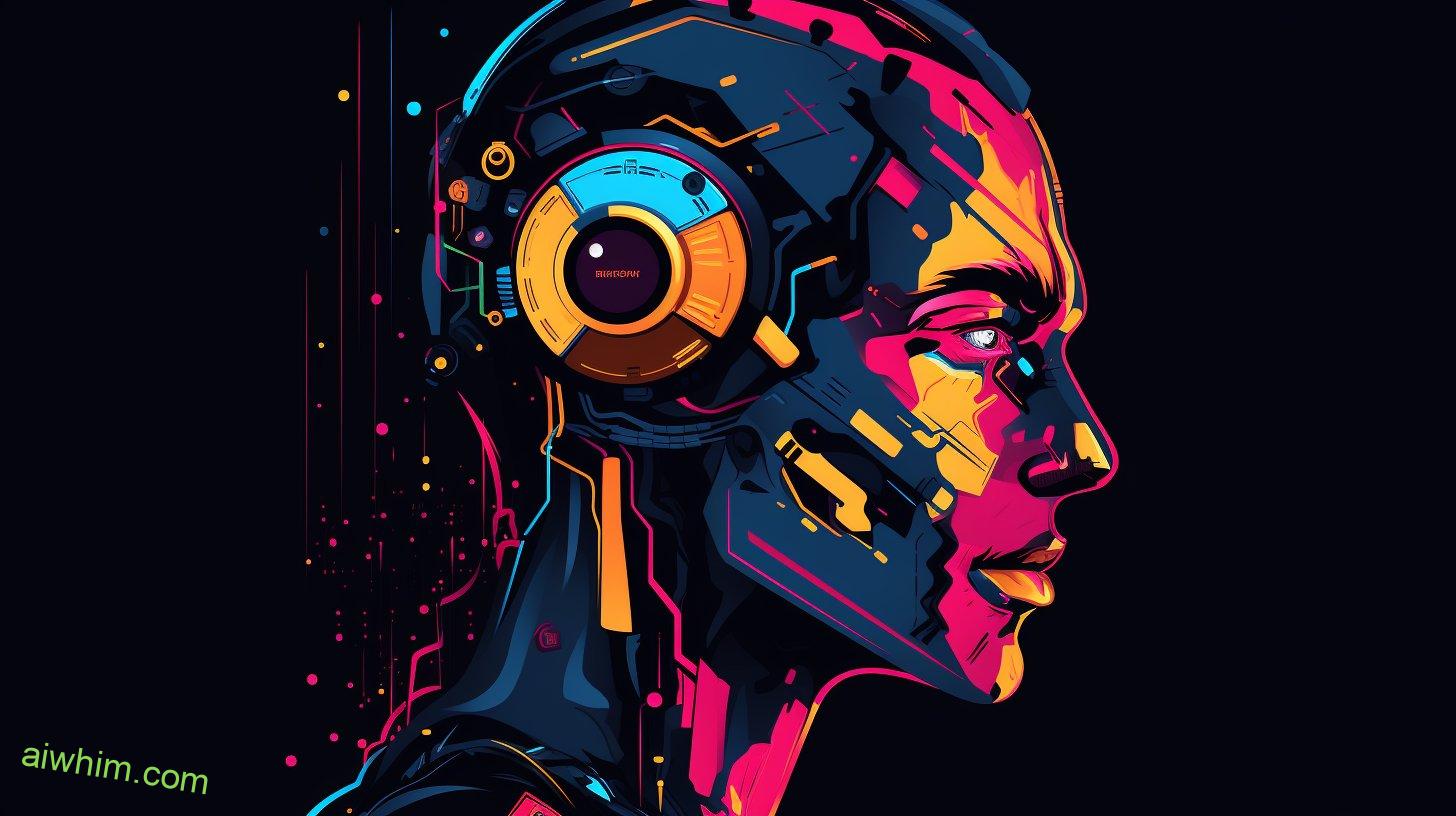
Nurturing Ethical Considerations in AI-driven Biological Science Research
Nurturing ethical considerations in AI-driven biological science research is crucial for ensuring responsible and socially beneficial advancements in the field. As a teacher, you play a vital role in promoting responsible innovation and guiding the next generation of scientists. Here are some ways you can foster ethical thinking in AI-driven biological science research:
- Encourage open discussions: Create a safe and inclusive environment where students feel comfortable discussing the ethical implications of AI in biological science. By encouraging open dialogue, you can help them develop critical thinking skills and consider different perspectives.
- Incorporate case studies: Use real-life examples and case studies to explore ethical dilemmas in AI-driven biological science research. This prompts students to analyze complex situations, weigh the potential risks and benefits, and make informed decisions.
- Teach responsible data usage: Emphasize the importance of collecting, analyzing, and using data ethically. Discuss topics like privacy, consent, and the responsible use of personal information to ensure students understand the ethical implications of AI in biological science.
- Foster collaboration and interdisciplinary thinking: Encourage students to collaborate with experts from different fields, such as computer science, ethics, and law. This interdisciplinary approach helps them gain a broader understanding of the ethical considerations involved in AI-driven biological science research.

Embracing Data Analytics for Personalized Learning in Biological Science
Continuing to explore the advancements in ethical considerations for AI-driven biological science research, educators are now embracing data analytics to personalize learning in the field. This approach allows teachers to tailor their teaching methods and materials to meet the unique needs and interests of each individual student. By analyzing data on student performance, educators can gain valuable insights into their strengths and weaknesses, enabling them to provide targeted support and guidance.
One of the key benefits of data analytics in personalized learning is the ability to assess students’ progress in a more comprehensive and accurate manner. Traditional assessments often rely on standardized tests or written assignments, which may not fully capture a student’s understanding of biological science concepts. With personalized assessment through data analytics, educators can track a student’s progress over time, identifying areas where they may be struggling or excelling. This allows for timely intervention and support, ensuring that every student has the opportunity to succeed.
However, as educators embrace data analytics for personalized learning, it’s crucial to prioritize data privacy. Students’ personal information and performance data must be handled with care and stored securely. Educators should follow strict protocols to ensure that sensitive data is anonymized and protected from unauthorized access. By maintaining data privacy, educators can create a safe and trusting environment for students to engage in personalized learning without the fear of their information being misused.

Cultivating Collaboration Skills for AI-enhanced Biological Science Projects
Collaboration skills are essential for students to develop in order to effectively contribute to AI-enhanced biological science projects. In today’s rapidly changing world, collaborative projects are becoming increasingly common, especially in the field of interdisciplinary learning. By working together with peers from different backgrounds and areas of expertise, students can gain a deeper understanding of biological science concepts and their applications in AI.
Here are four reasons why cultivating collaboration skills is crucial for AI-enhanced biological science projects:
- Knowledge exchange: Collaborating with others allows students to share their unique knowledge and perspectives, leading to a more comprehensive understanding of the subject matter. Through interdisciplinary collaboration, students can combine their expertise in biology with skills in AI and data analytics, creating innovative solutions to complex biological problems.
- Enhanced problem-solving: Working together on AI-enhanced projects encourages students to think critically and creatively. By collaborating with peers, students can approach problem-solving from different angles and develop a range of solutions. This fosters a collaborative mindset and prepares students for real-world challenges where collaboration is essential.
- Effective communication: Collaboration requires effective communication skills, such as active listening, clear articulation of ideas, and constructive feedback. These skills are essential in AI-enhanced biological science projects, where students need to communicate their findings and ideas effectively to team members and stakeholders.
- Teamwork and leadership: Collaborative projects provide an opportunity for students to develop teamwork and leadership skills. By working in teams, students can learn to delegate tasks, manage conflicts, and motivate team members. These skills are valuable both in academia and the workplace, where interdisciplinary collaboration is increasingly valued.
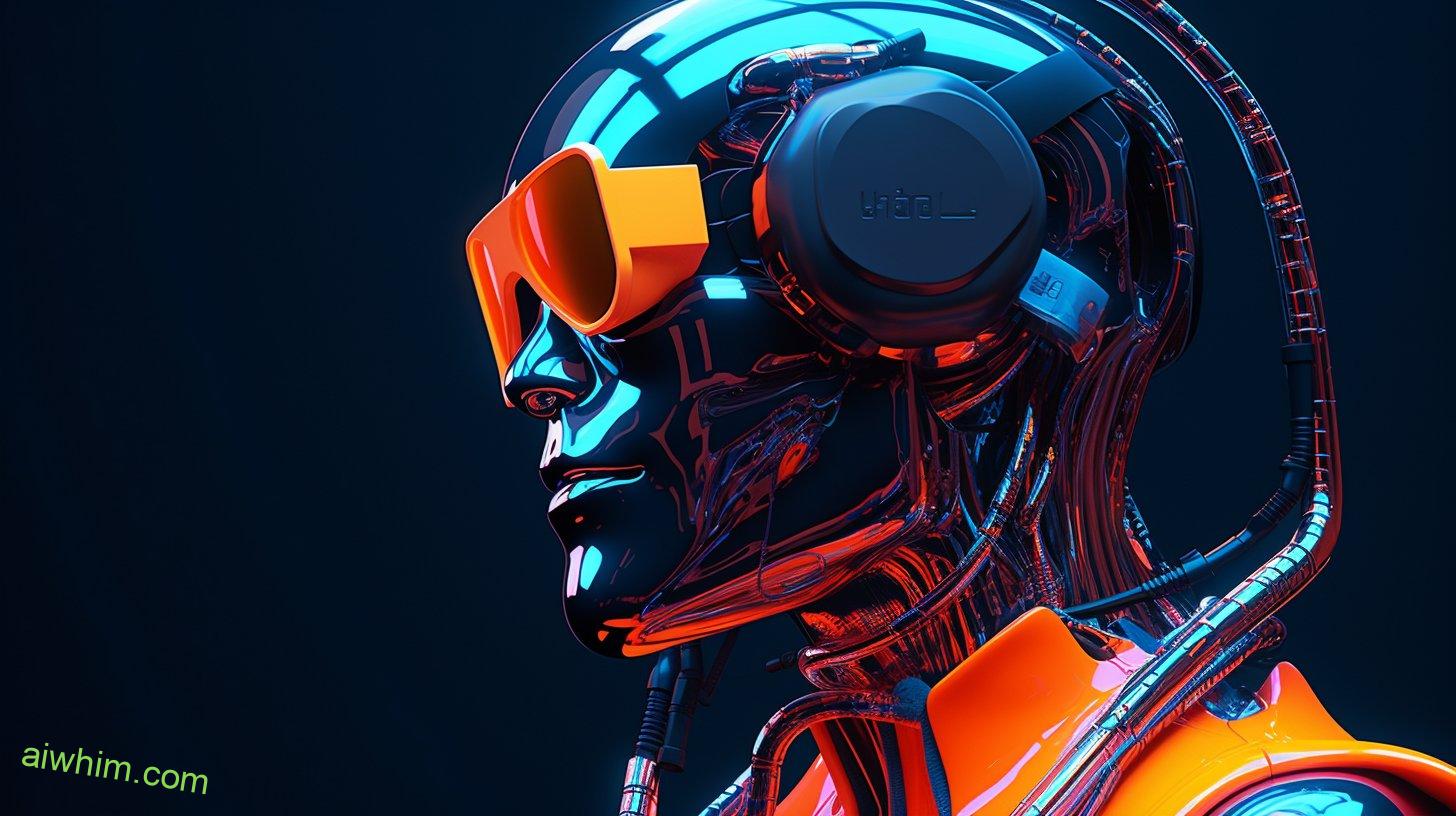
Addressing Ethical, Social, and Legal Implications of AI in Biological Science
To effectively navigate the rapidly evolving field of AI in biological science, it’s crucial to address the ethical, social, and legal implications that arise from its implementation. As AI continues to advance, it brings forth a range of ethical implications that need careful consideration. One major concern is the potential for biased algorithms in AI systems. These algorithms are designed based on data collected from various sources, and if the data is biased, it can lead to discriminatory outcomes. Therefore, it’s essential to ensure that the data used to train AI models is diverse and representative of all populations.
Another ethical concern is the issue of privacy and data protection. With the use of AI in biological science, large amounts of personal health data are collected and processed. This raises questions about how this data is stored, accessed, and used. It’s important to establish robust protocols and regulations to safeguard individuals’ privacy and ensure the responsible use of their data.
In addition to ethical implications, there are also legal concerns surrounding AI in biological science. One key issue is liability. As AI systems become more autonomous and make decisions that affect human lives, it becomes crucial to determine who’s responsible if something goes wrong. Clear legal frameworks need to be established to assign accountability and ensure that individuals are protected from any harm caused by AI systems.
Furthermore, intellectual property rights are another legal aspect to consider. With the use of AI in biological science, new discoveries and inventions may arise. It’s important to define who owns the rights to these innovations and how they can be protected.
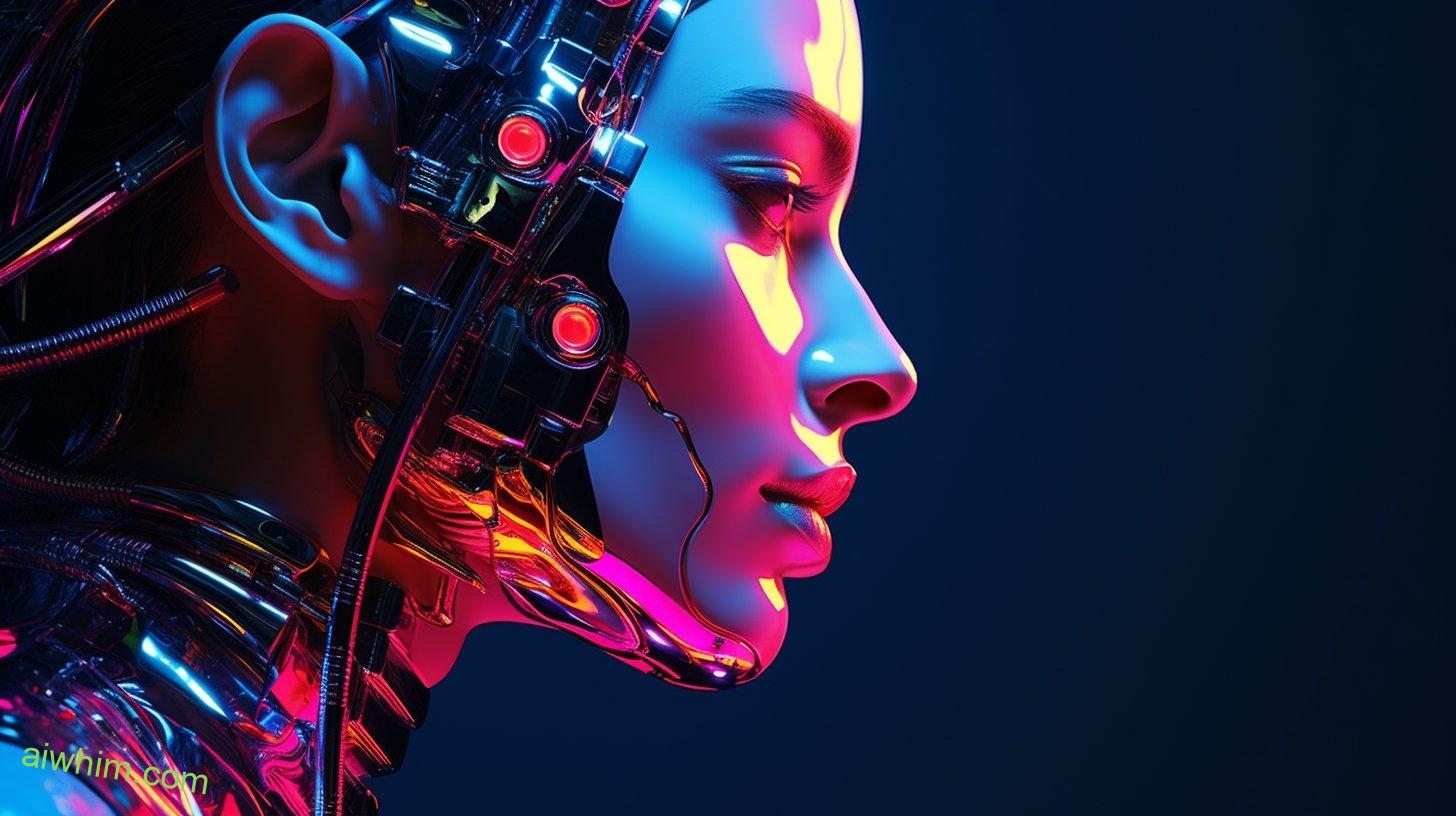
Preparing Students for AI-driven Careers in Biological Science
Students pursuing careers in biological science must be equipped with the necessary skills and knowledge to thrive in an AI-driven industry. As technology continues to advance, AI is becoming increasingly integrated into various aspects of biological science. To prepare for AI-driven careers in this field, consider the following:
- Stay updated with technological advancements: Keep yourself informed about the latest developments in AI and how they’re being applied in biological science. This will help you stay ahead of the curve and adapt to the changing landscape of the industry.
- Develop interdisciplinary skills: AI-driven careers in biological science often require a combination of knowledge in both biology and computer science. Therefore, it’s important to develop interdisciplinary skills that bridge the gap between these two fields. Explore opportunities to learn programming, data analysis, and machine learning techniques.
- Embrace continuous learning: The field of AI is constantly evolving, and it’s essential to embrace a mindset of continuous learning. Stay curious, seek out new information, and be open to acquiring new skills throughout your career.
- Explore AI-driven career pathways: With the integration of AI in biological science, new job prospects are emerging. Explore career paths such as bioinformatics, computational biology, and AI research in healthcare. These fields offer exciting opportunities to leverage AI technologies in solving complex biological problems.

Integrating AI Into Laboratory Practices for Enhanced Research Efficiency
By integrating AI into laboratory practices, you can enhance the efficiency of your research process. AI in laboratory practices refers to the use of artificial intelligence technologies to assist and streamline various aspects of scientific research. With AI, researchers can automate repetitive tasks, analyze large amounts of data quickly and accurately, and even make predictions and recommendations based on patterns and trends. This integration of AI into laboratory practices can greatly improve research efficiency.
One of the key benefits of using AI in laboratory practices is the ability to automate repetitive tasks. Instead of spending hours on mundane and time-consuming activities such as data entry or sample preparation, AI can take over these tasks, allowing you to focus on more complex and intellectually stimulating aspects of your research. This not only saves time but also reduces the risk of errors and increases the reliability of your results.
Furthermore, AI can assist in data analysis by processing large amounts of data in a fraction of the time it would take a human researcher. AI algorithms can identify patterns and correlations that may not be immediately apparent to a human researcher, enabling you to draw meaningful insights from your data more efficiently.
Additionally, AI can even help in making predictions and recommendations based on the data collected. By analyzing previous research findings and identifying trends, AI algorithms can suggest potential avenues for further exploration or identify areas where further research is needed.
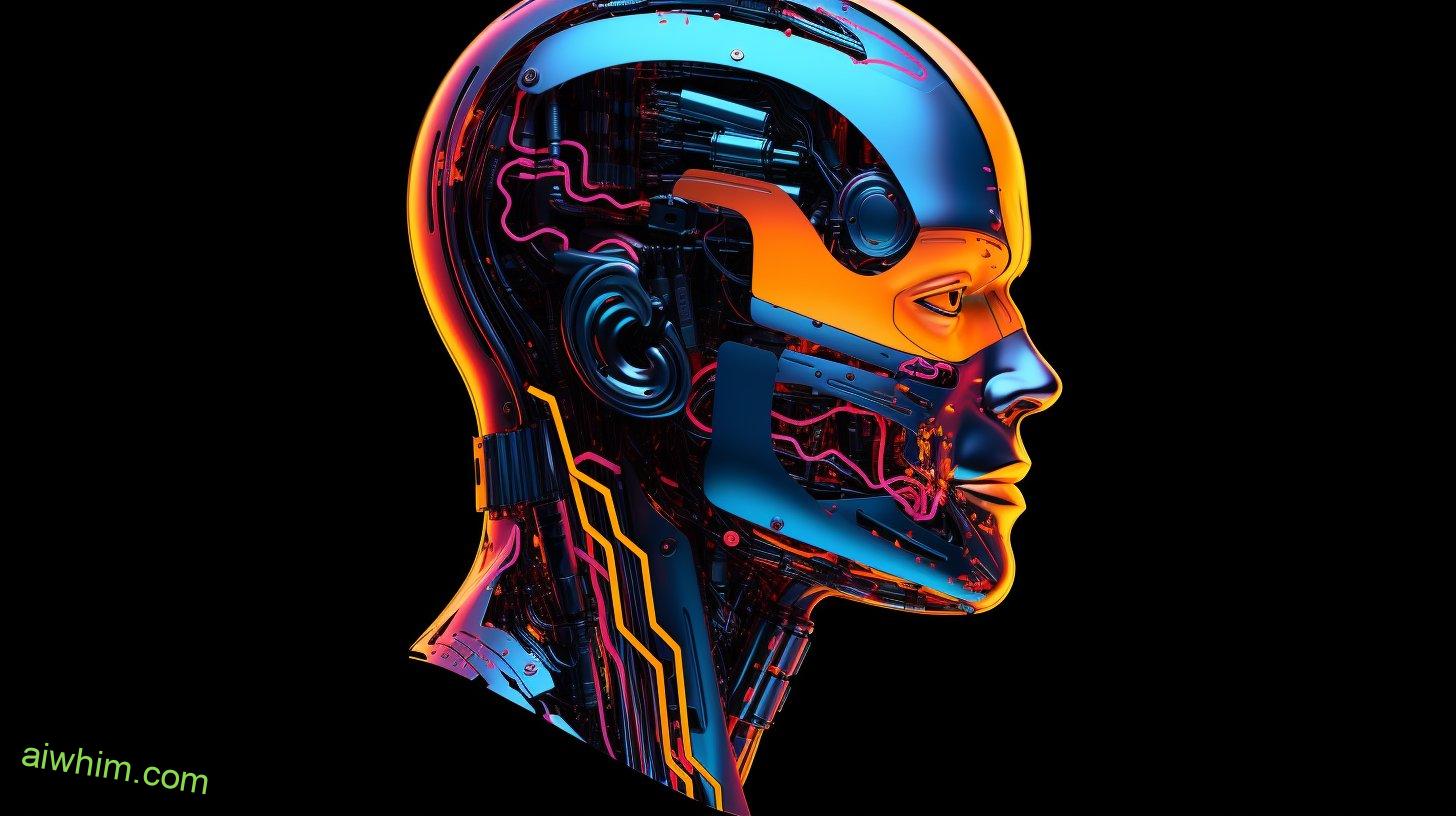
Overcoming Challenges: Training Biological Science Teachers for the AI Era
In order to adapt to the AI era, biological science teachers must undergo training to overcome the challenges they may face. As the field of biological science continues to evolve, it’s crucial for educators to stay ahead and equip themselves with the necessary skills and knowledge. Here are some key training challenges that biological science teachers may encounter in the AI era and potential pedagogical approaches to overcome them:
- Lack of familiarity with AI technology: Many teachers may not have prior experience or knowledge of AI technology. To address this challenge, training programs can provide hands-on workshops and courses that introduce teachers to AI tools and techniques. This will enable them to understand how AI can be integrated into biological science curriculum and research.
- Keeping up with rapid advancements: AI technology is constantly evolving, making it challenging for teachers to stay updated with the latest developments. To overcome this challenge, continuous professional development programs can be implemented, offering teachers access to resources, webinars, and conferences focused on AI in biological science. This will ensure that teachers are well-informed and equipped to incorporate AI advancements into their teaching practices.
- Integration of AI into curriculum: Integrating AI into the existing curriculum can be a daunting task for teachers. Training programs can provide guidance on how to incorporate AI concepts, tools, and applications into the biological science curriculum. This can be done through collaborative lesson planning, sharing of best practices, and the development of AI-focused teaching materials.
- Ethical considerations: The use of AI in biological science raises ethical concerns that teachers must be prepared to address. Training programs should include discussions on ethical considerations surrounding AI and provide guidance on how to engage students in critical thinking and ethical decision-making when using AI technology.
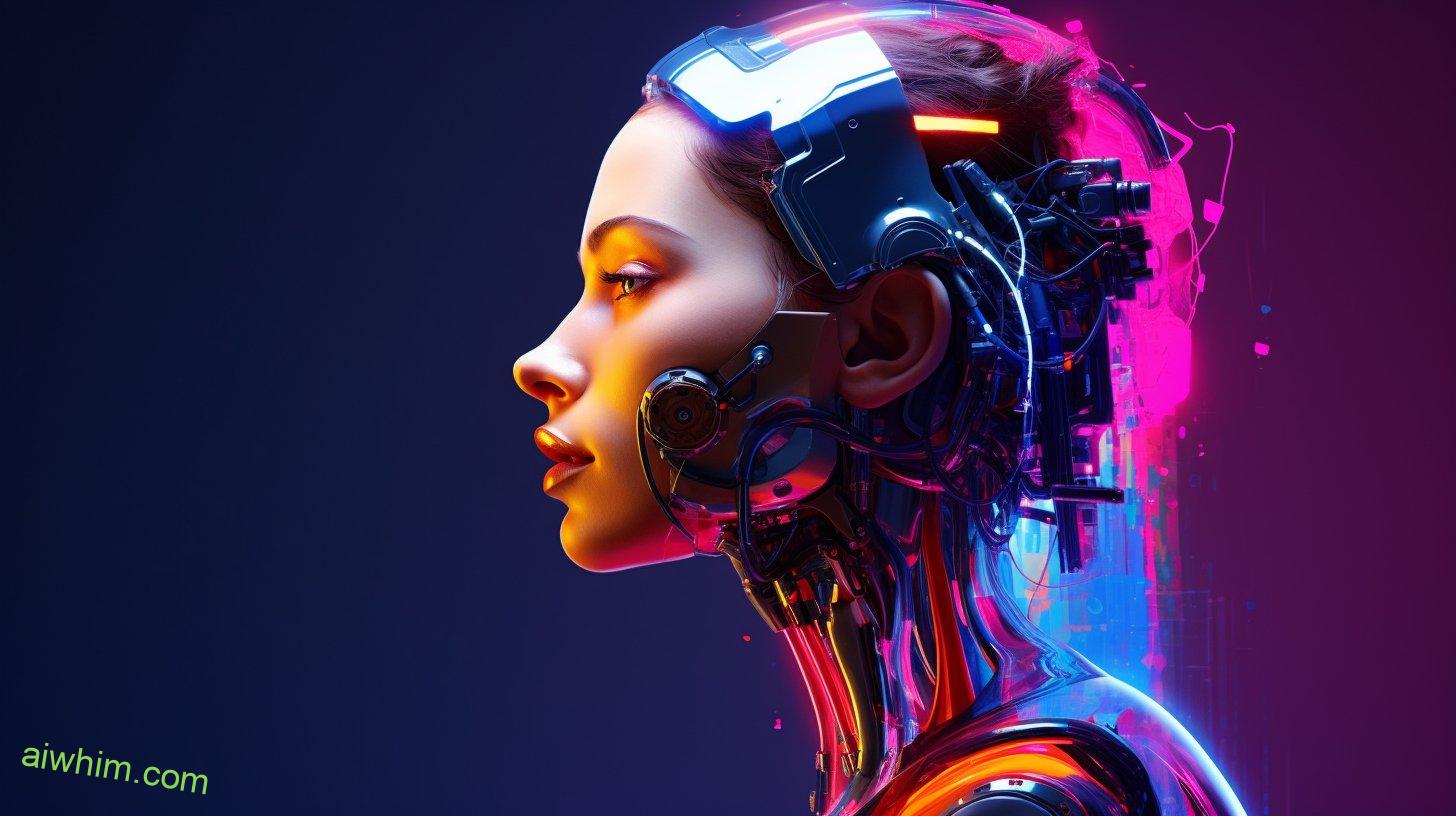
Promoting Lifelong Learning to Stay Ahead in the AI Revolution
To stay ahead in the AI revolution, it’s essential for you, as a biological science teacher, to actively engage in lifelong learning. The rapid advancements in artificial intelligence are transforming the field of education, and it’s crucial for you to continuously update your knowledge and skills to effectively navigate this changing landscape.
Lifelong learning is the key to staying ahead in the AI revolution. As technology continues to evolve, it’s important for you to embrace a growth mindset and seek out opportunities for professional development. By continuously learning and adapting, you can ensure that you remain relevant and provide your students with the best possible education.
The AI revolution presents both challenges and opportunities for biological science teachers. On one hand, AI technologies can enhance teaching and learning experiences, enabling personalized instruction and automated assessment. On the other hand, these technologies can also replace certain aspects of teaching, requiring educators to adapt their roles and responsibilities.
Engaging in lifelong learning won’t only help you stay ahead in the AI revolution, but also enable you to leverage the opportunities it presents. By familiarizing yourself with AI technologies and their applications in education, you can integrate them into your teaching practices and create innovative learning experiences for your students.
In addition to technical skills, lifelong learning also encompasses the development of critical thinking, problem-solving, and creativity. These skills are essential for preparing students to thrive in the AI-driven world, where adaptability and innovation will be highly valued.
As a biological science teacher, your commitment to lifelong learning won’t only benefit your students but also empower you to embrace the AI revolution with confidence and enthusiasm. By continuously expanding your knowledge and skills, you can ensure that you remain at the forefront of educational innovation and provide your students with the skills they need to succeed in the AI-driven future.
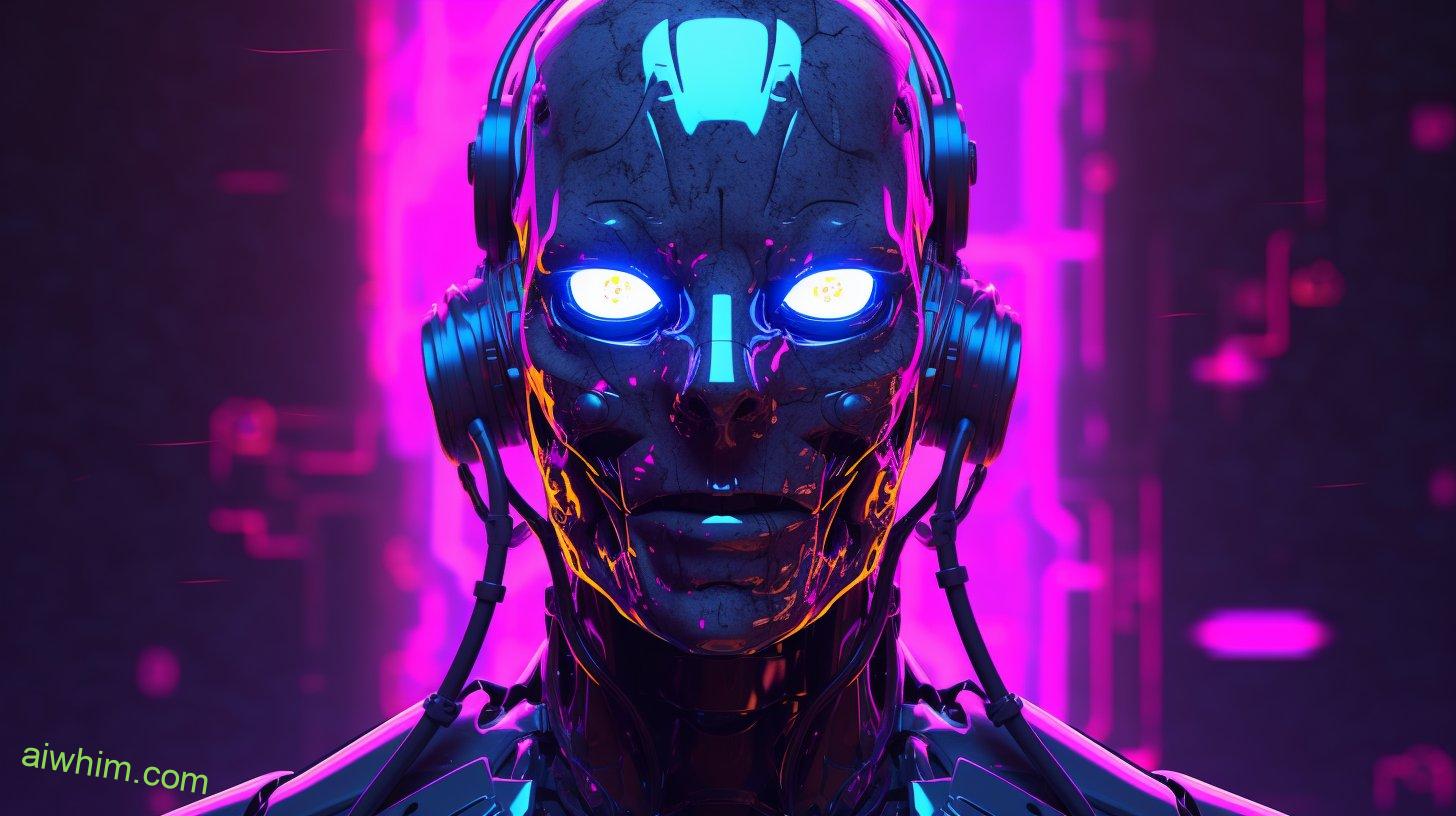
Frequently Asked Questions
How Can AI Be Integrated Into Biological Science Lessons and Curriculum?
You can integrate AI into biological science lessons by incorporating AI-driven biological research and curriculum. This allows students to explore the potential of AI in understanding and advancing the field of biology.
What Are Some Strategies for Fostering Critical Thinking in the Age of AI?
To promote critical thinking in the age of AI, enhance problem-solving skills by encouraging you to question everything, think independently, and consider multiple perspectives. Embrace freedom of thought to adapt and thrive.
What Ethical Considerations Should Be Taken Into Account When Conducting AI-Driven Biological Science Research?
When conducting AI-driven biological science research, it’s crucial to consider ethical considerations. This means being mindful of the potential risks and consequences, ensuring transparency, and prioritizing the well-being of all involved parties.
How Can Data Analytics Be Used to Personalize Learning in Biological Science?
You can use data analytics to personalize learning in biological science. Data driven instruction allows for targeted teaching strategies and personalized assessment helps in understanding individual learning needs.
What Are the Challenges Faced in TrAIning Biological Science Teachers for the AI Era?
You face challenges in training for the AI era as a biological science teacher. Ethical considerations arise when incorporating AI into the curriculum. Balancing technology with traditional teaching methods is crucial for effective education.

Conclusion
So, as a biological science teacher in the age of AI, you must embrace the changing landscape and adapt your teaching strategies to foster critical thinking skills.
By integrating AI into the curriculum and laboratory practices, you can enhance student engagement and research efficiency.
Remember, in the AI era, lifelong learning is key to staying ahead and preparing students for AI-driven careers.
Don’t let the fear of AI be a monkey on your back; instead, embrace it as a tool to revolutionize biological science education.






